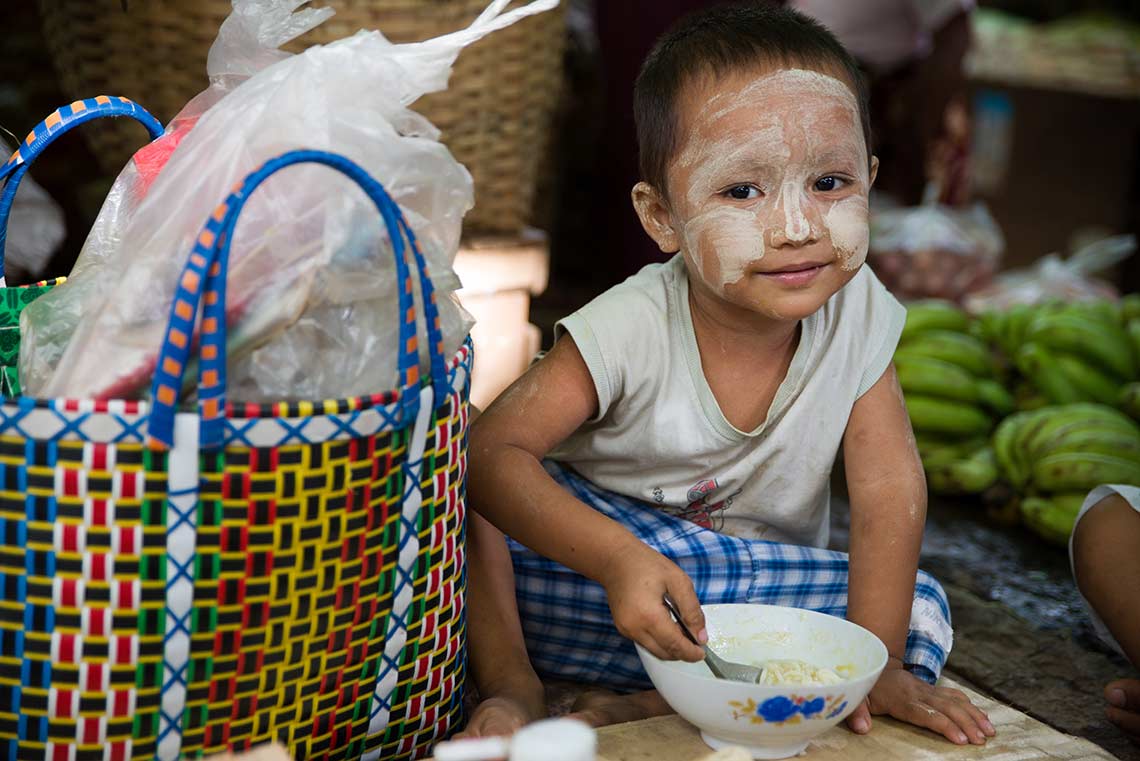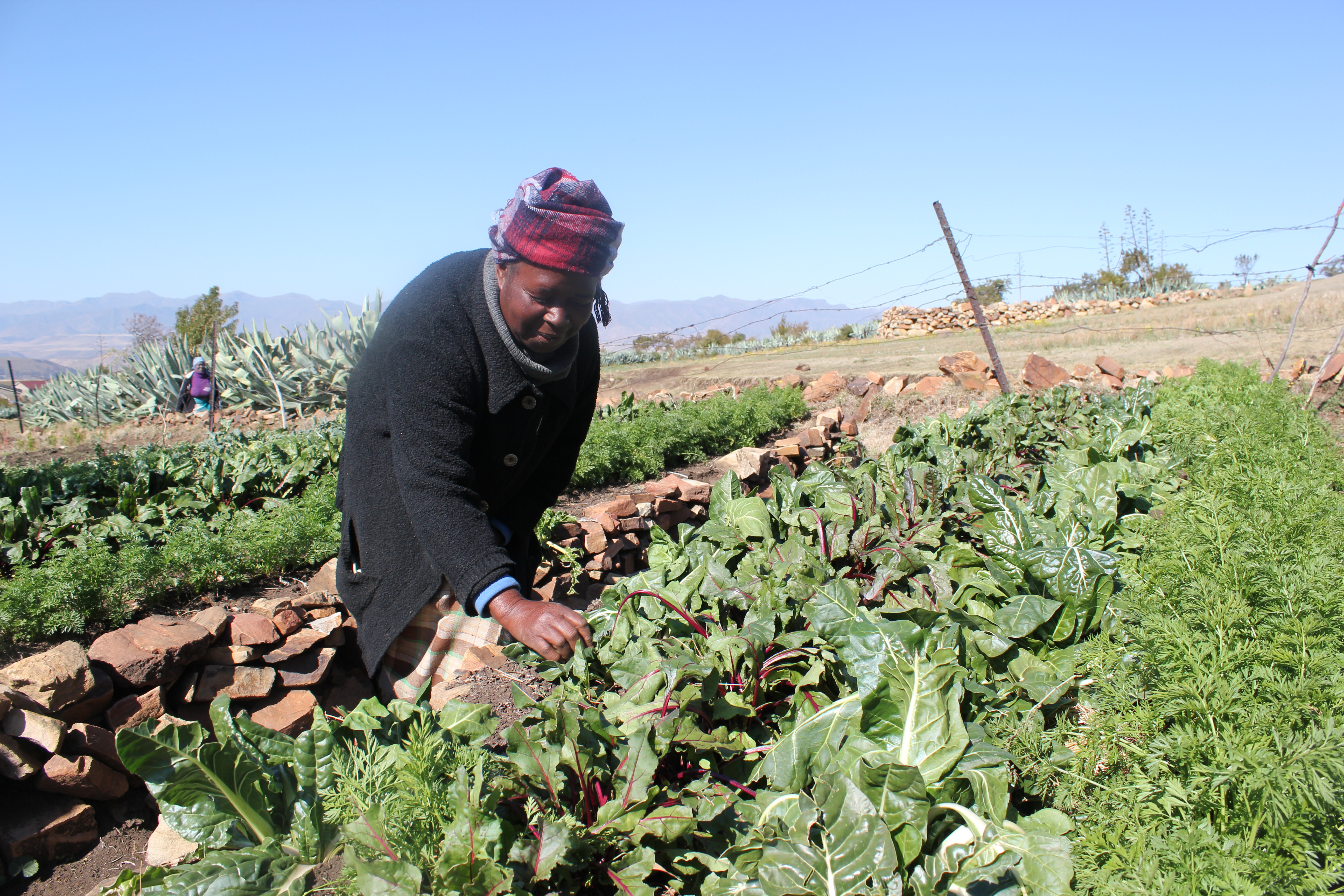Investing for results

Safe food is critical to achieving food and nutrition security, improved public health outcomes and increased competitiveness in agri-food trade, which fosters opportunities for improved livelihoods and economic development. It is widely recognized that global action is required to improve food safety and that food safety capacities need to be...
.jpg)
Political disputes and the deterioration of the economic and security situation in Libya continue to threaten the agricultural sector and its infrastructure. The cereal sector and, above all, wheat production, the most important crop for food security, are particularly affected. To improve food security conditions, farmers need to have access...
.jpg)
In October 2014, the European Commission identified Sri Lanka as a non-cooperating third country, on the basis that it was not taking sufficient action to prevent, deter and eliminate Illegal, Unreported and Unregulated (IUU) fishing; and imposed a ban on the import of raw and processed fish to...

Nearly 75 percent of Lesotho’s population live in rural areas and depend on farming for their livelihoods. The proportion of people living below the poverty line is increasing, and arable land is extremely limited (9 percent of the total area). When the El Niño-induced drought struck in 2015, the agricultural...

El Niño, qui a balayé les Philippines de 2015 à 2016, a eu un impact significatif sur la production agricole et la sécurité alimentaire. Le projet visait à restaurer les moyens d'existence basés sur l'agriculture des agriculteurs touchés par la sécheresse dans la région autonome du Mindanao musulman (ARMM) et...
